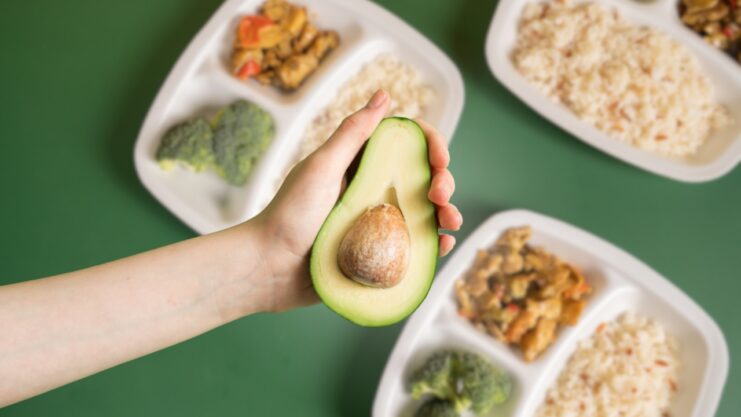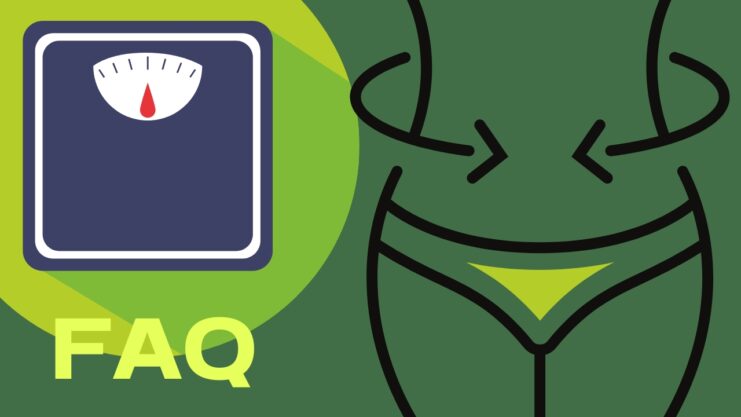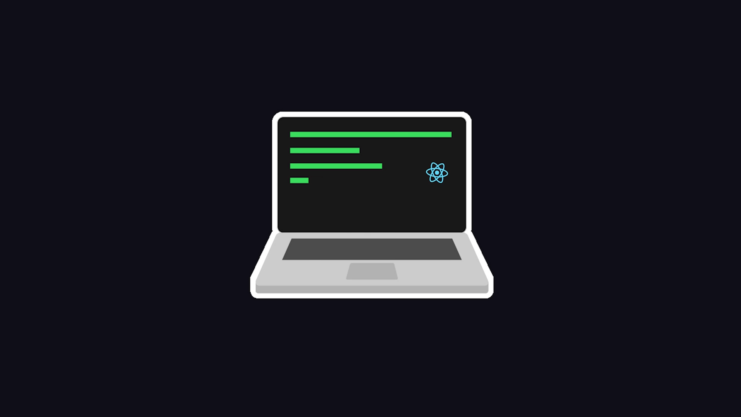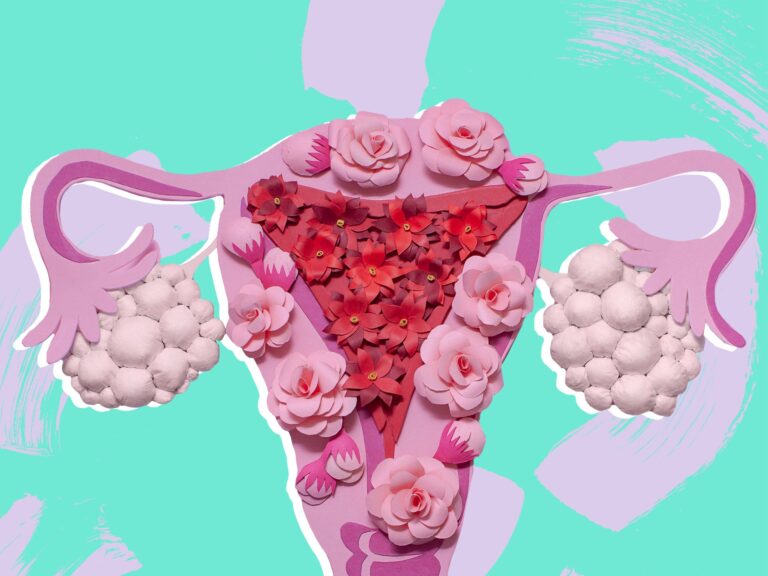https://www.heart.org/en/healthy-living/healthy-eating/eat-smart/nutrition-basics/how-can-i-eat-more-nutrient-dense-foods
Losing weight has always been a hot topic, and the idea of shedding 20 pounds in a month can sound both tempting and daunting. While it’s essential to aim for weight loss goals, it’s equally crucial to ensure they are realistic and healthy.
Rapid weight loss can sometimes lead to other health complications, so it’s always best to approach such goals with a good understanding and a balanced strategy.
Did you know: When you start a new diet, the weight you lose in the first week often comprises both body fat and water weight? It’s always exciting to see quick results, but remember, sustainable weight loss is a marathon, not a sprint!
Setting the Foundation

Before diving into any weight loss plan, understanding the basics is crucial. Let’s break it down:
- Calories: At its core, weight loss revolves around the principle of calories in versus calories out. If you consume fewer calories than you burn, you’ll lose weight. Conversely, if you eat more than you burn, you’ll gain weight.
- Daily Caloric Needs: Several factors determine how many calories you need daily, including your age, gender, and activity level. It’s essential to get a rough estimate of your daily caloric needs to set a realistic daily intake goal.
- Calorie Deficit: To lose weight, you need to create a calorie deficit, which means burning more calories than you consume. However, it’s essential to ensure that the deficit is sustainable and doesn’t deprive you of the necessary nutrients.
Pro Tip: Use online calculators to estimate your daily caloric needs. But remember, these are just estimates. Listening to your body and consulting with healthcare
Estimated Daily Caloric Needs
| Age Group | Sedentary | Moderately Active | Active |
| 18-30 | 2000-2400 | 2200-2600 | 2400-2800 |
| 31-50 | 1800-2200 | 2000-2400 | 2200-2800 |
| 51+ | 1600-2000 | 1800-2200 | 2000-2400 |
Creating a Balanced Diet
A balanced diet is not just about calorie counting; it’s about nourishing your body with the right nutrients. Here’s how you can create a balanced diet:
- Whole Foods: Prioritize whole foods like fruits, vegetables, lean proteins, and whole grains. These foods are nutrient-dense and provide your body with the essential vitamins and minerals it needs.
- Portion Control: One effective way to manage your calorie intake is by controlling your portions. Using smaller plates can trick your brain into thinking you’re eating more than you are. Additionally, practicing mindful eating, where you savor each bite and recognize your body’s hunger and fullness cues, can help you avoid overeating.
- Limit Processed Foods: Processed foods, sugary snacks, and high-calorie beverages can quickly add up in calories and offer little to no nutritional value. Reducing or eliminating these from your diet can make a significant difference in your weight loss journey.
Fun Fact: Eating slowly can help you feel fuller faster. It gives your stomach more time to signal your brain that you’ve had enough.
Planning Meals and Snacks

Planning your meals and snacks is a pivotal step in your weight loss journey. When you have a plan, you’re less likely to give in to impulse eating, which can often lead to consuming high-calorie, low-nutrient foods.
- Importance of Meal Planning: By planning your meals, you can ensure that you’re getting a balanced mix of nutrients. This not only aids in weight loss but also ensures you’re nourishing your body.
- Snacking Smart: Snacking isn’t bad if you do it right. Opt for nutrient-dense snacks that can keep you full and provide energy between meals. Examples include a handful of nuts, Greek yogurt, or a piece of fruit.
- Eat Smaller, More Frequent Meals: Instead of three large meals, consider eating smaller amounts more frequently. This can help keep your metabolism active and prevent extreme hunger that can lead to overeating.
Pro Tip: When planning meals, aim for a mix of macronutrients: carbohydrates, proteins, and fats. For instance, a meal could include a lean protein like chicken, a complex carb like quinoa, and a healthy fat like avocado.
Staying Hydrated
Water plays a crucial role in weight loss. It aids in digestion, keeps your skin glowing, and can even help you feel full, reducing the overall amount you eat.
- Role of Water in Weight Loss: Drinking water can help in reducing your food intake, especially if consumed before meals. It can also boost fat burning, enhancing long-term weight loss.
Limit Sugary Drinks: Beverages like sodas are high in sugar and calories and can contribute to weight gain. Instead, opt for water, herbal teas, or other low-calorie beverages. - Mind Your Caffeine: While a cup of coffee isn’t harmful and can even have some benefits, excessive caffeine can lead to dehydration. Ensure you’re balancing out your caffeine intake with plenty of water.
Fun Fact: Did you know that sometimes when you feel hungry, you might just be thirsty? Drinking water can help curb those unnecessary hunger pangs.
Regular Physical Activity

Exercise is a cornerstone of any weight loss plan. It helps burn off the excess calories that diet alone can’t and offers numerous other health benefits.
- Significance of Exercise: Regular physical activity strengthens your cardiovascular system, boosts your mood, and, of course, burns calories.
- Types of Exercises: Cardiovascular exercises like running, cycling, and swimming are great for burning calories. On the other hand, strength training helps in building muscles, which can boost your resting metabolic rate.
- Consistency is Key: It’s not just about how intensely you exercise, but how consistently. Even simple activities like taking the stairs or parking farther away in a parking lot can add up over time.
Pro Tip: Combine cardio workouts like walking, jogging, or cycling with weight training for optimal results. This combination can help you lose weight and also build muscle, which in turn boosts your metabolism.
High-Intensity Interval Training (HIIT)
High-Intensity Interval Training, commonly known as HIIT, has gained immense popularity due to its efficiency in burning calories in a short amount of time.
- Benefits of HIIT: HIIT involves short bursts of intense exercise followed by rest or low-intensity periods. This form of exercise can significantly increase your metabolism and calorie-burning rate, even after the workout is done.
Sample HIIT Workout Routines: A typical HIIT session might involve 30 seconds of sprinting, followed by 30 seconds of walking or resting. This can be repeated multiple times for a duration of 15-30 minutes. - Starting at the Right Level: It’s essential to start HIIT at a level that matches your fitness. Overdoing it can lead to injuries. Always consult with a fitness professional if you’re new to HIIT.
Fun Fact: HIIT workouts can burn more calories than traditional workouts, even if the traditional workout is longer in duration!
Adequate Sleep and Stress Management

Your mental well-being plays a significant role in weight loss and maintenance.
- The Sleep-Weight Connection: Lack of sleep can disrupt the balance of hormones that regulate appetite, leading to weight gain. Aim for 7-9 hours of quality sleep per night.
- Managing Stress: High stress levels can lead to overeating or unhealthy eating habits. Techniques like meditation, deep breathing exercises, yoga, even masturbation and sex can help manage and reduce stress.
Pro Tip: Keeping a regular sleep schedule, even on weekends, can help regulate your body’s internal clock and improve the quality of your sleep.
Monitoring Progress
Keeping track of your journey is crucial for motivation and ensuring you stay on the right path.
- Track Your Journey: Using a food journal or fitness apps can help you monitor your diet and exercise routines. This can provide insights into patterns or habits that might be hindering your progress.
Celebrate Milestones: Whether it’s losing the first 5 pounds or sticking to your diet for a month, celebrating small victories can boost your motivation. - Adjustments: If you hit a plateau or find certain aspects of your routine aren’t working, don’t be afraid to make changes. The key is to find what works best for you.
Fun Fact: Studies have shown that people who track their food intake are more likely to succeed in losing weight and keeping it off.
Consultation with Healthcare Professionals
Before making any drastic changes to your diet or exercise routine, it’s always advisable to consult with a healthcare professional.
Especially Important for those with underlying health conditions, certain diets or exercises might not be suitable. A healthcare professional can provide personalized advice and guidance.
FAQs

Can I lose 20 pounds safely in a month?
Rapid weight loss can be harmful. It’s essential to aim for a sustainable and healthy rate.
Is it necessary to completely eliminate certain foods?
Moderation is key. It’s about balance rather than complete elimination.
What role does metabolism play in weight loss?
Metabolism determines how many calories your body burns. It plays a crucial role in weight loss and maintenance.
How can I avoid plateaus in my weight loss journey?
Regularly changing up your exercise routine and ensuring you’re eating a balanced diet can help.
Are there any specific diets that can help me lose 20 pounds in a month?
While some diets promise rapid weight loss, it’s essential to choose a sustainable and healthy approach.
Can I only rely on exercise for weight loss?
Diet and exercise go hand in hand. Both are crucial for effective weight loss.
What are the risks of losing weight too quickly?
Rapid weight loss can lead to muscle loss, nutritional deficiencies, and other health issues.
How do I maintain my weight after achieving the goal?
Consistency, a balanced diet, regular exercise, and monitoring are key.
Are there any recommended supplements for aiding weight loss?
Before taking any supplements, it’s essential to consult with a healthcare professional.
What should I do if I’m not seeing any progress?
Re-evaluate your strategies, consult with professionals, and ensure you’re staying consistent.
Conclusion
Embarking on a weight loss journey requires dedication, patience, and a balanced approach. While the goal might be to shed pounds, it’s essential to prioritize overall health and well-being.
By incorporating the strategies discussed in this article, you can set yourself up for long-term success and enjoy the myriad benefits of a healthier lifestyle.













